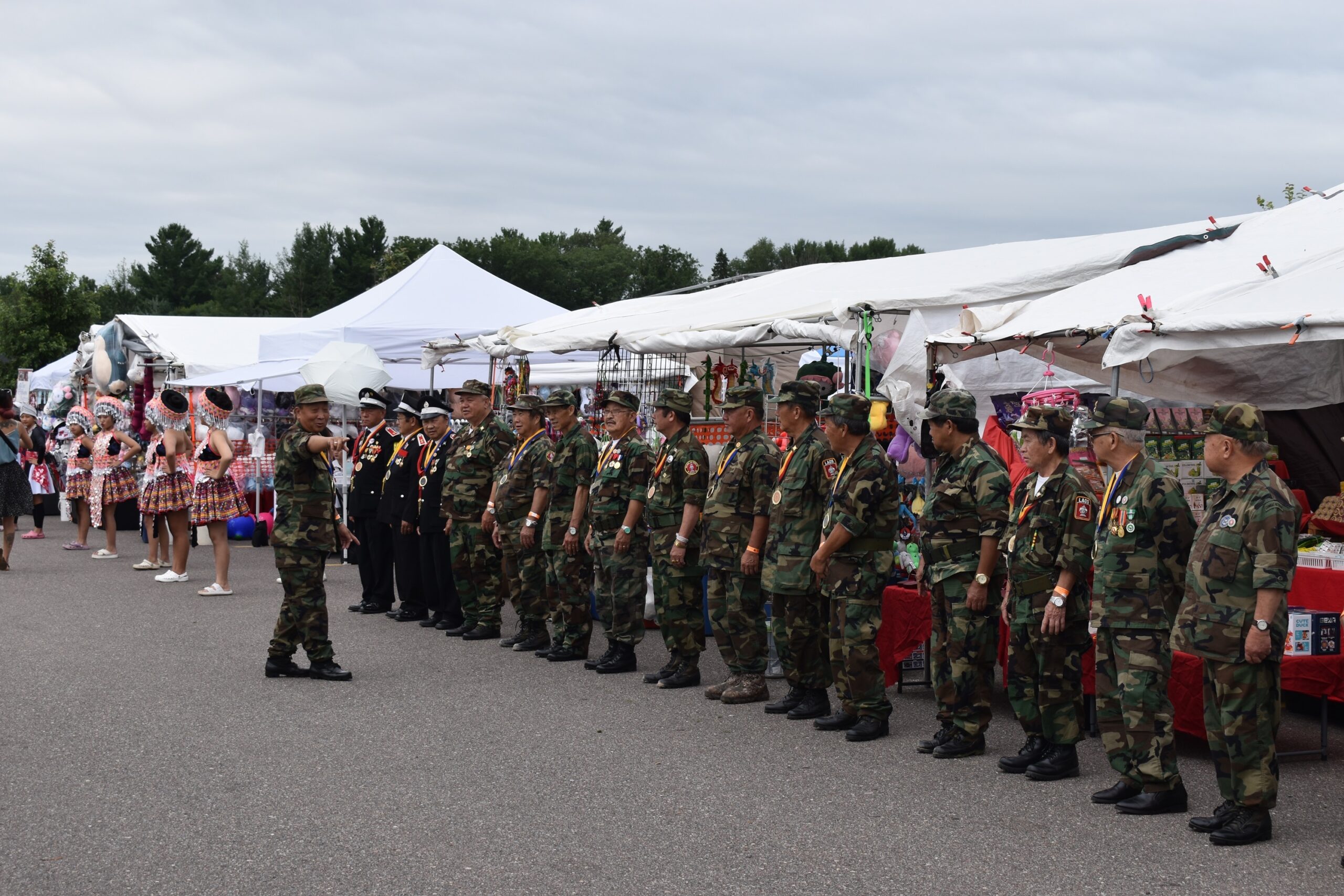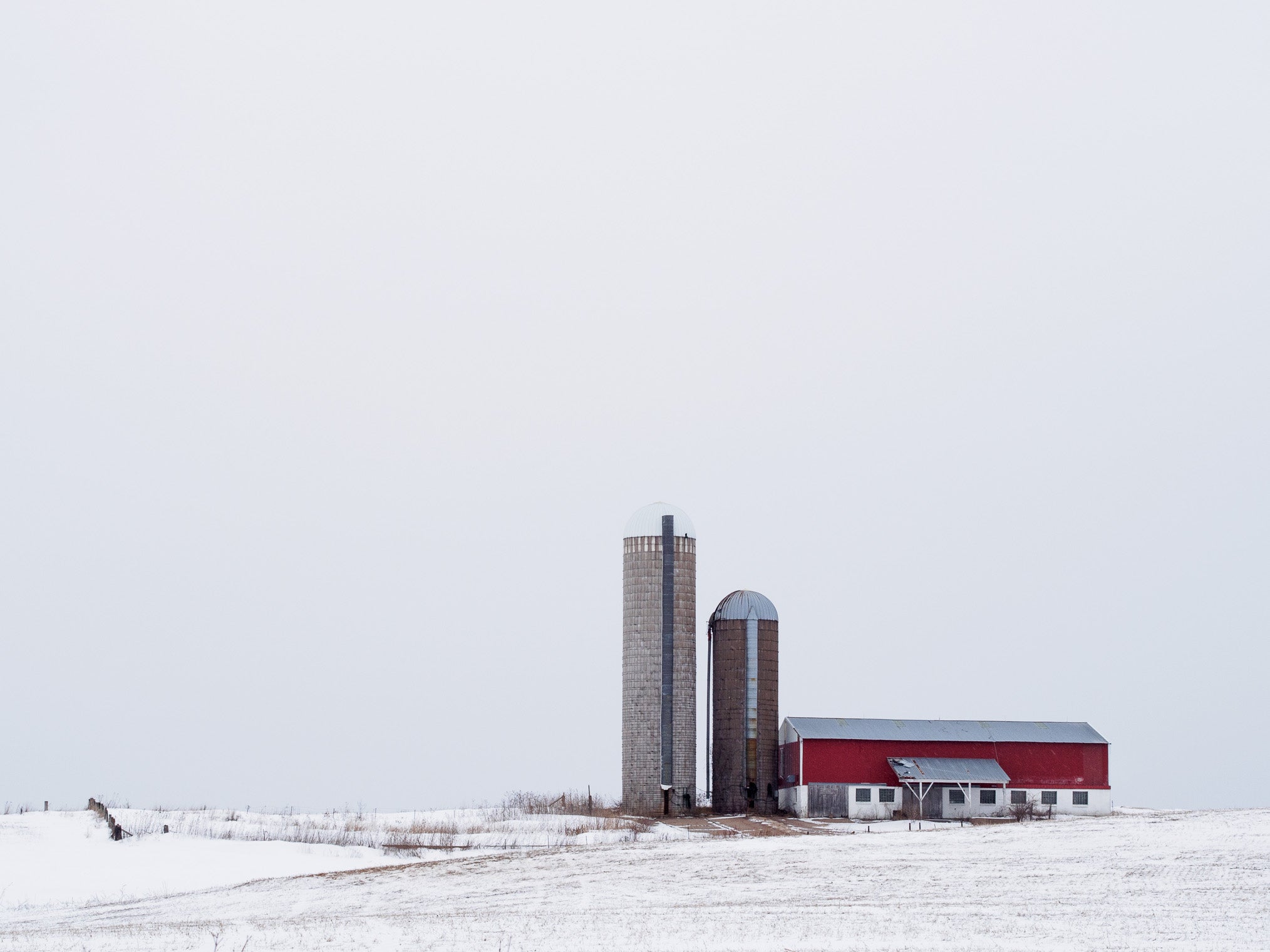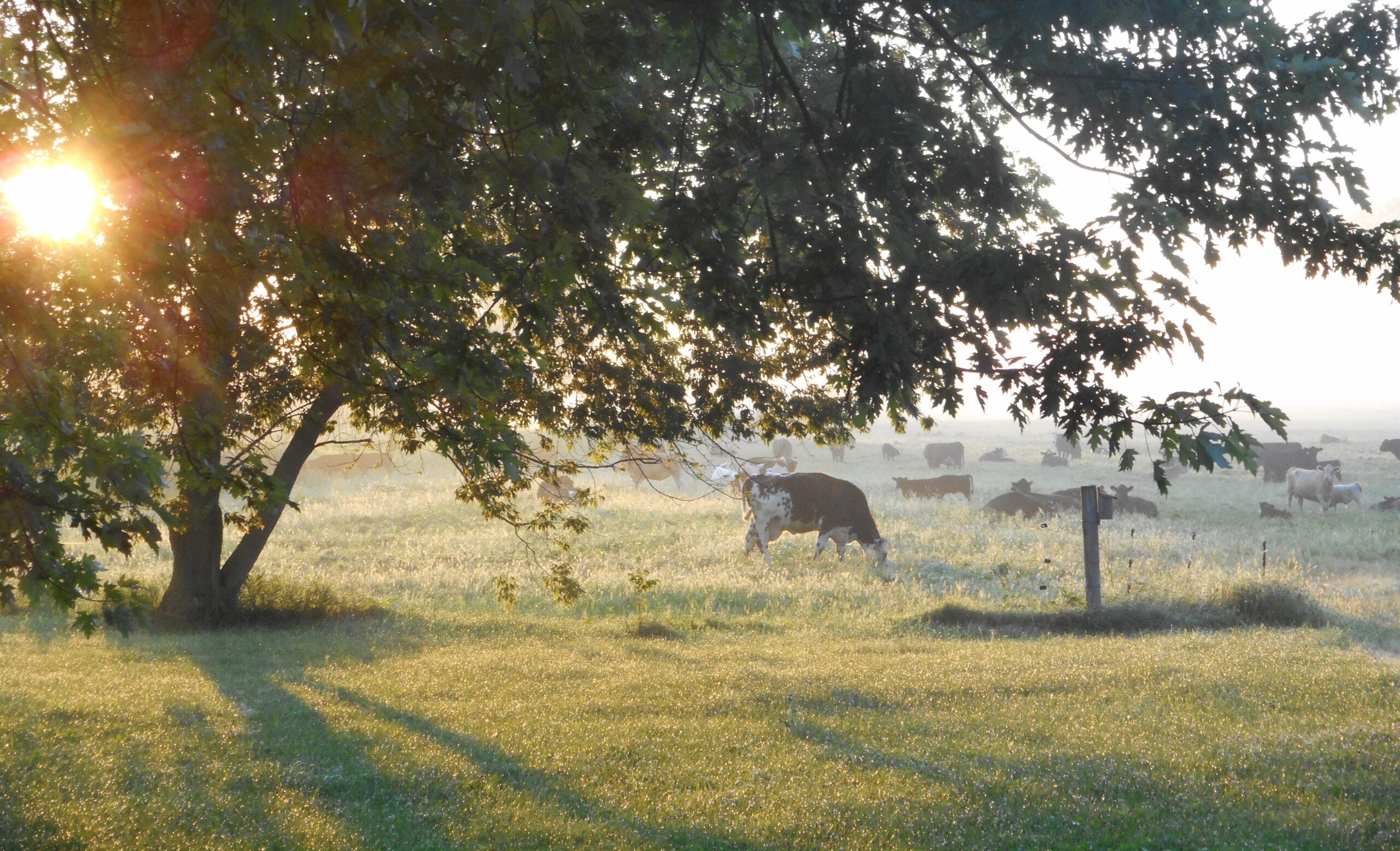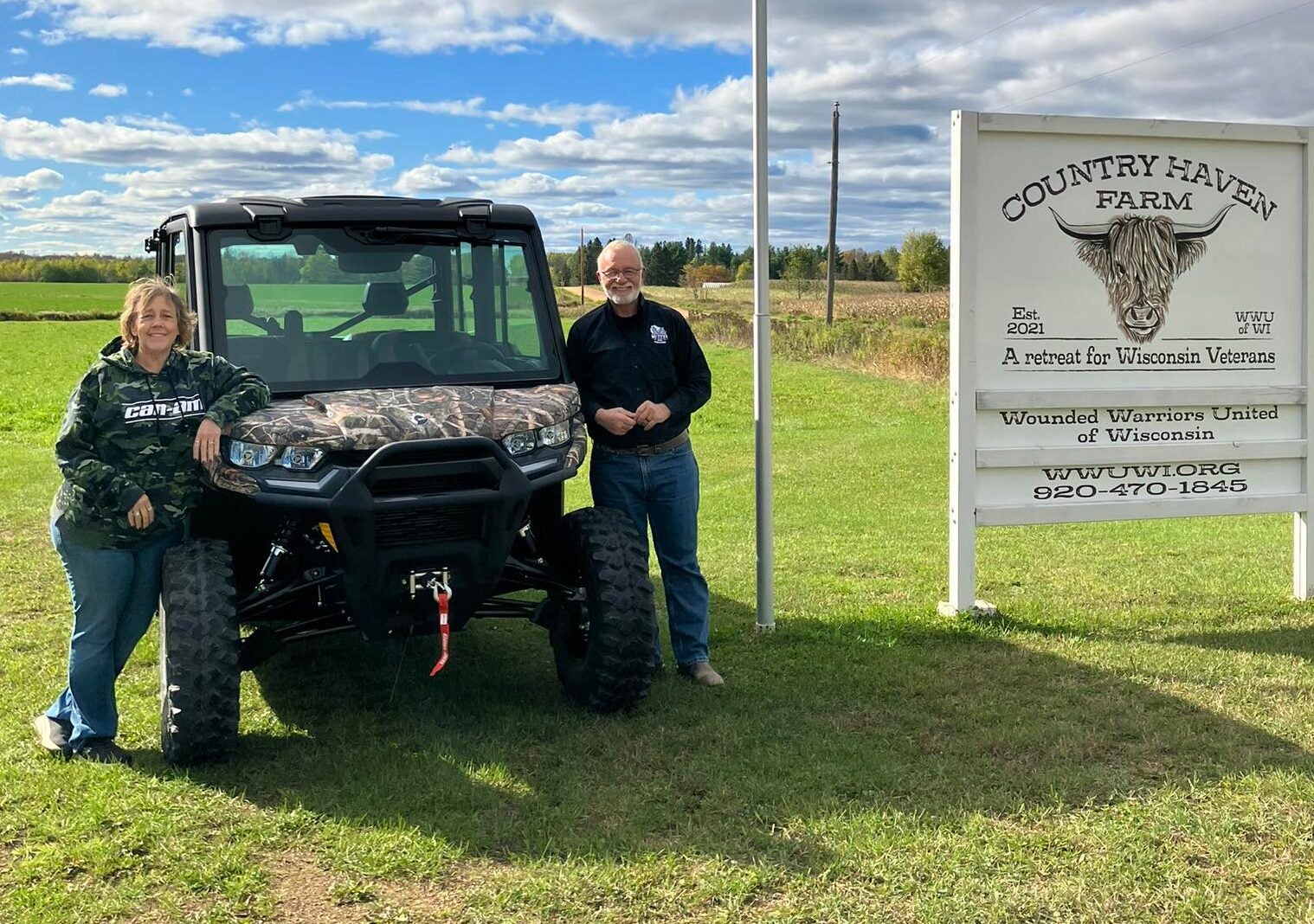Yesterday’s attack in New York City that left eight people dead has led to more debate from lawmakers about immigration and vetting. We get the latest on this and other top national stories of the week from a Washington reporter. We also hear about a bipartisan effort from state legislators trying to get Wisconsin veterans involved in farming.
Featured in this Show
-
This Week In Washington – November 1, 2017
After authorities declared an attack in New York City yesterday an act of terror, President Trump criticized a diversity visa lottery program and the lawmakers who backed it. We also look at the ongoing Russia investigation by Special Counsel Robert Mueller after former Trump campaign aide, George Papadopoulos, pleaded guilty to lying to federal investigators.
-
From Soldiers To Farmers In Wisconsin
A bipartisan bill unanimously passed Tuesday in the state Senate would assist Wisconsin veterans who want to go into agriculture.
The bill would establish a program in the state Department of Agriculture, Trade and Consumer Protection to train and provide mentorship to veterans who want to farm, as well as veterans who are already working in agriculture. It would also create a state-sponsored logotype that veteran farmers could use on their products — like a USDA Organic sticker.
Immediate family members of a veteran who died in service or is missing in action are also eligible for the program.
State Sen. Patrick Testin, R-Stevens Point, and Rep. Evan Goyke, D-Milwaukee, introduced the bill with a bipartisan group of legislators in the spring.
“When you take a look at our population that’s 65 or older, that population’s going to increase over the next two decades by 72 percent, and the average age of our farmer is in their late fifties,” Testin told WPR’s “Central Time.”
Without a guaranteed incoming generation to inherit farming, Testin and Goyke say veterans may be a perfect match to fill that void.
“Studies have shown that the rigorous work that comes along with farming is very therapeutic and helps with things like PTSD,” Testin said. “In the West Virginia program, eight veterans went on record and said (that) it actually prevented them from taking their own lives,” he said, referring to similar veterans-to-farmers legislation in West Virginia that helped inspire their bill.
Aside from the potential mental health benefits, veterans are likely to already be familiar with much of the technology used in contemporary farming, Testin said.
Both Testin, who represents a relatively rural district, and Goyke, who represents an urban district, said their constituents would benefit from this legislation.
“There are zero farms in my district,” Goyke said. “My district is just over 3,500 acres, which may be smaller than some farms in Sen. Testin’s district. Yet we are farming (in Milwaukee), and this bill encourages both urban farmers and rural farmers. If we’re gonna get creative in talking about who our future farmers are, they’re gonna come from cities as well.”
The bill does not include any financial incentives for veterans to participate in the program, although if the program is successful, there may be state funds allocated to it in the future, Goyke said.
“We see this as an opportunity to make sure that we continue a strong ag tradition (in) the state, but more importantly that veterans have an outlet and an avenue to pursue after their service to our country,” Testin said.
The state Assembly is expected to vote on the bill next week.
-
Veterans Could Have Help Becoming Farmers Under New Bill Being Voted On In The State Legislature
A bill being voted on in the state legislature would provide incentives and resources for Wisconsin veterans who want to become farmers. We speak with state Senator Patrick Testin (R-Stevens Point) and state Representative Evan Goyke (D-Milwaukee) about their bipartisan bill.
Episode Credits
- Rob Ferrett Host
- Veronica Rueckert Host
- Haleema Shah Producer
- J. Carlisle Larsen Producer
- Sabrina Siddiqui Guest
- State Senator Patrick Testin Guest
- Evan Goyke Guest
Wisconsin Public Radio, © Copyright 2025, Board of Regents of the University of Wisconsin System and Wisconsin Educational Communications Board.





